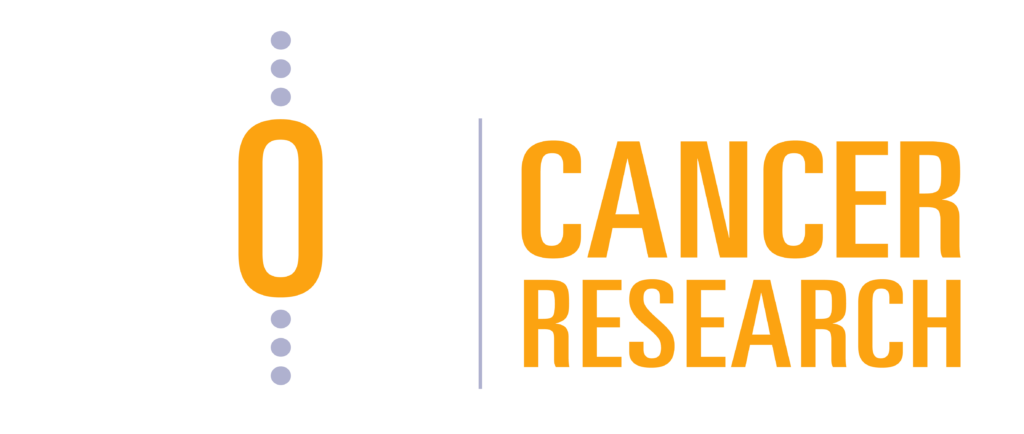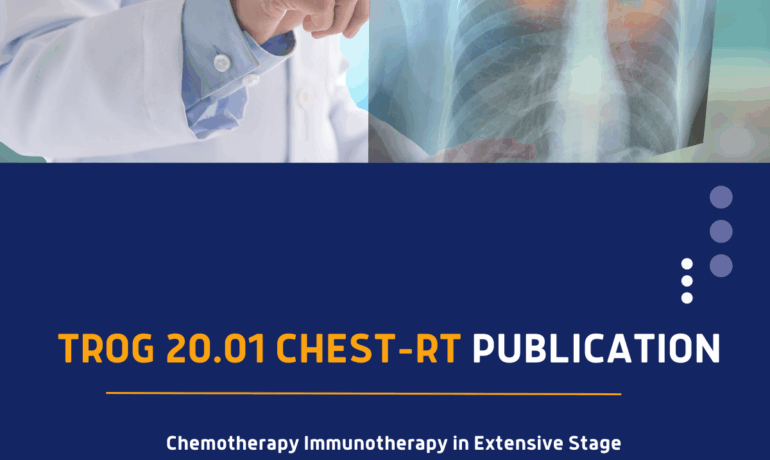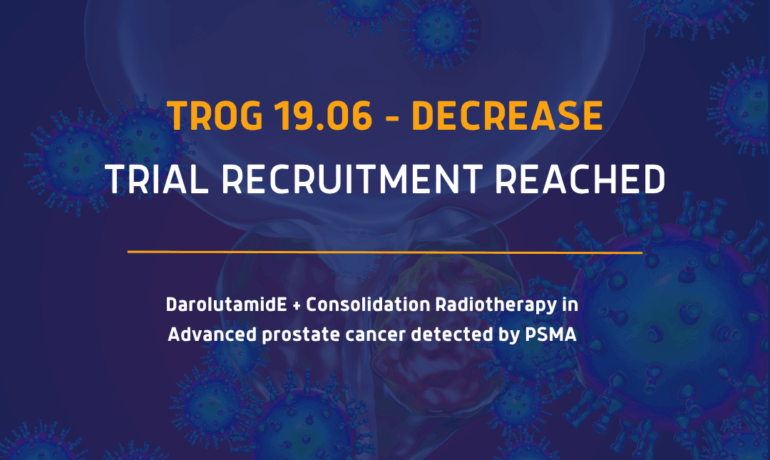Related Post
15 July, 2025
New paper outlines protocol for important TROG 20.01 CHEST-RT lung cancer trial
TRIAL UPDATE: 15 July 2025 The TROG 20.01 CHEST-RT
8 July, 2025
Recruitment Milestone Achieved for TROG 19.06 DECREASE Trial
TRIAL UPDATE: 8 July 2025 The TROG 19.06 DECREASE
